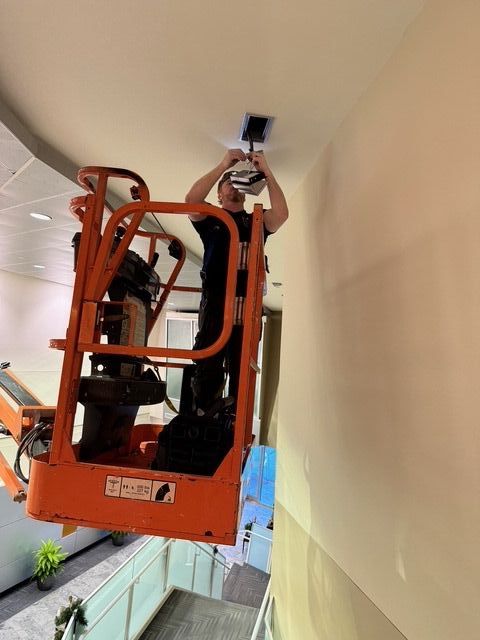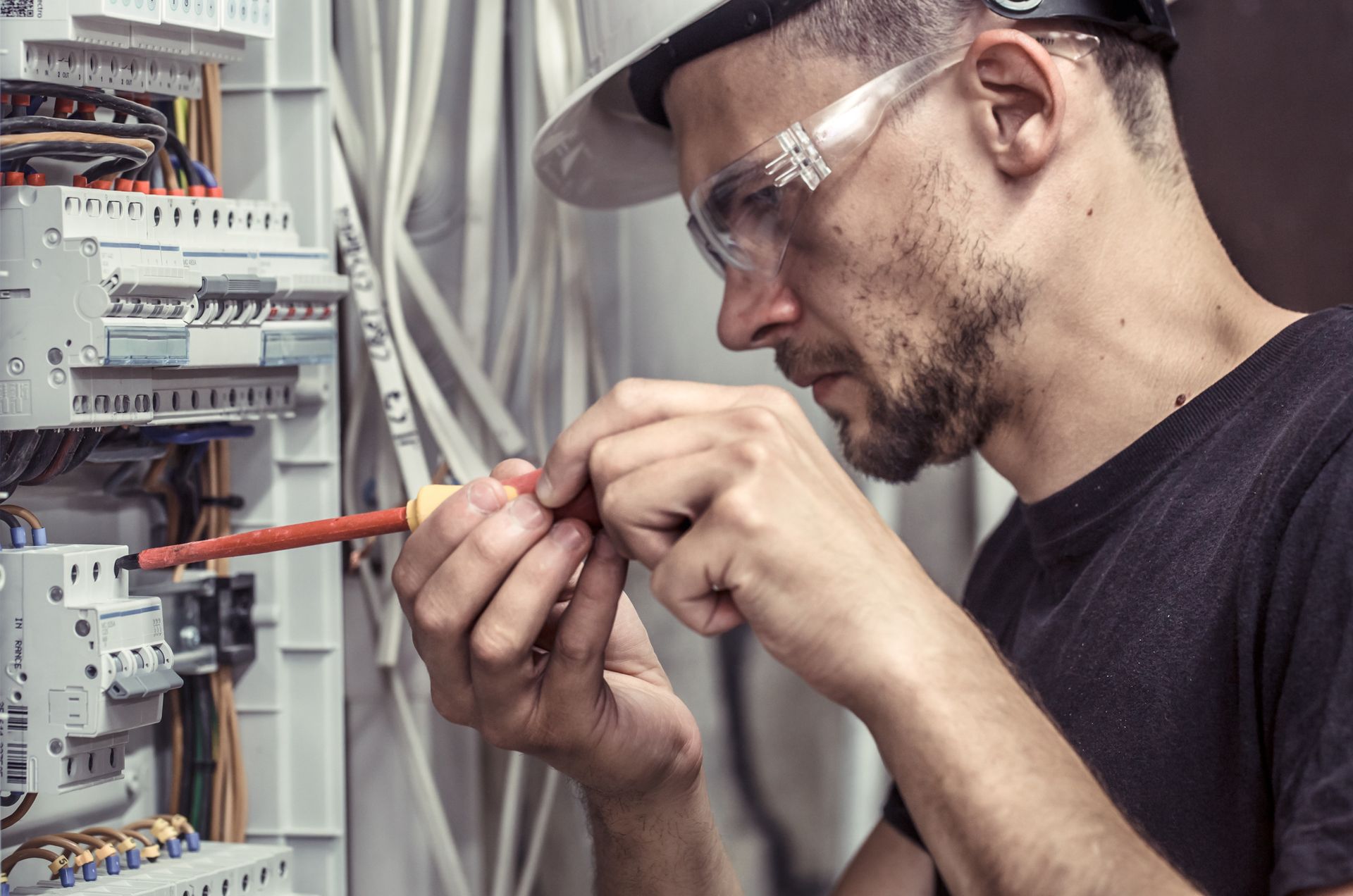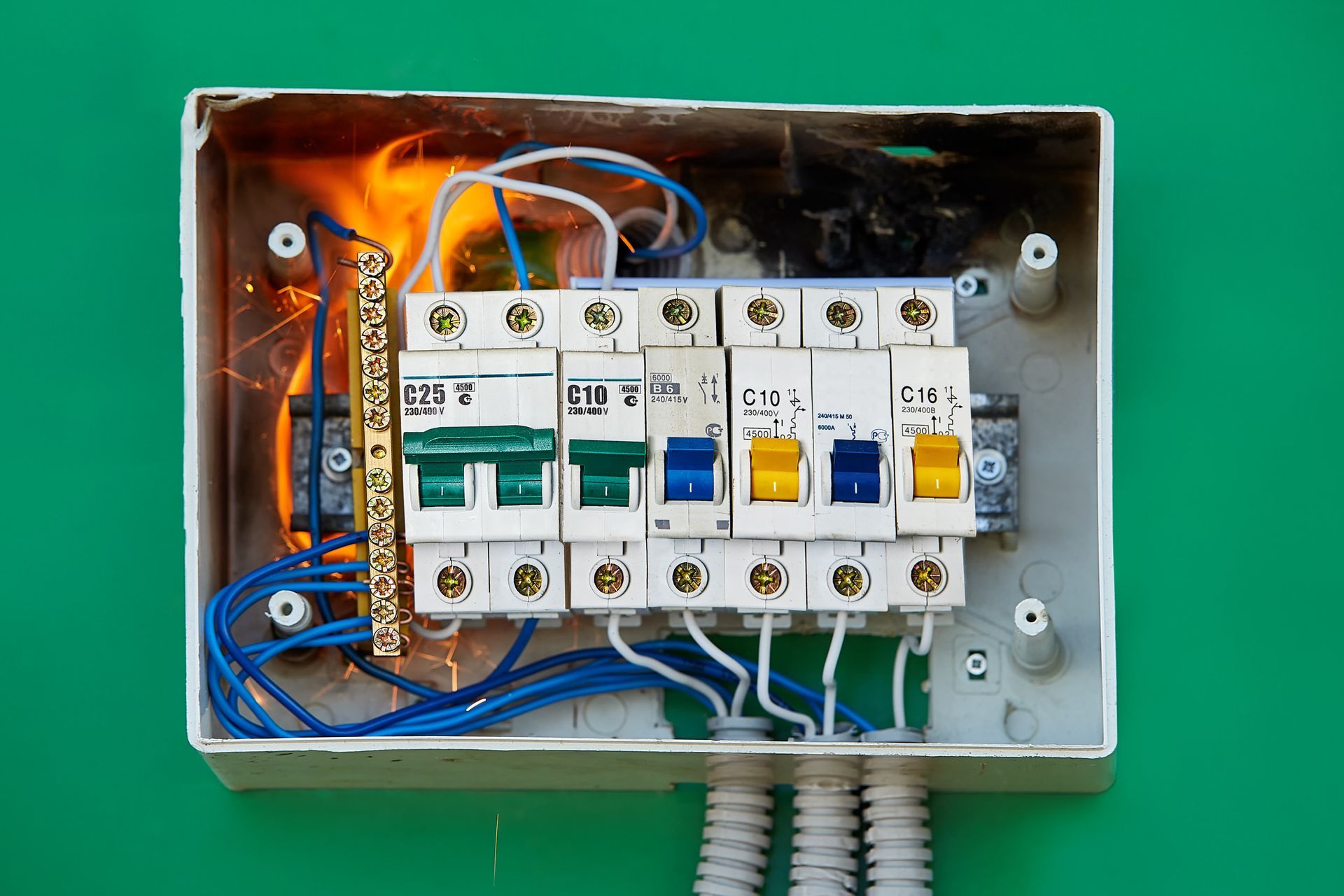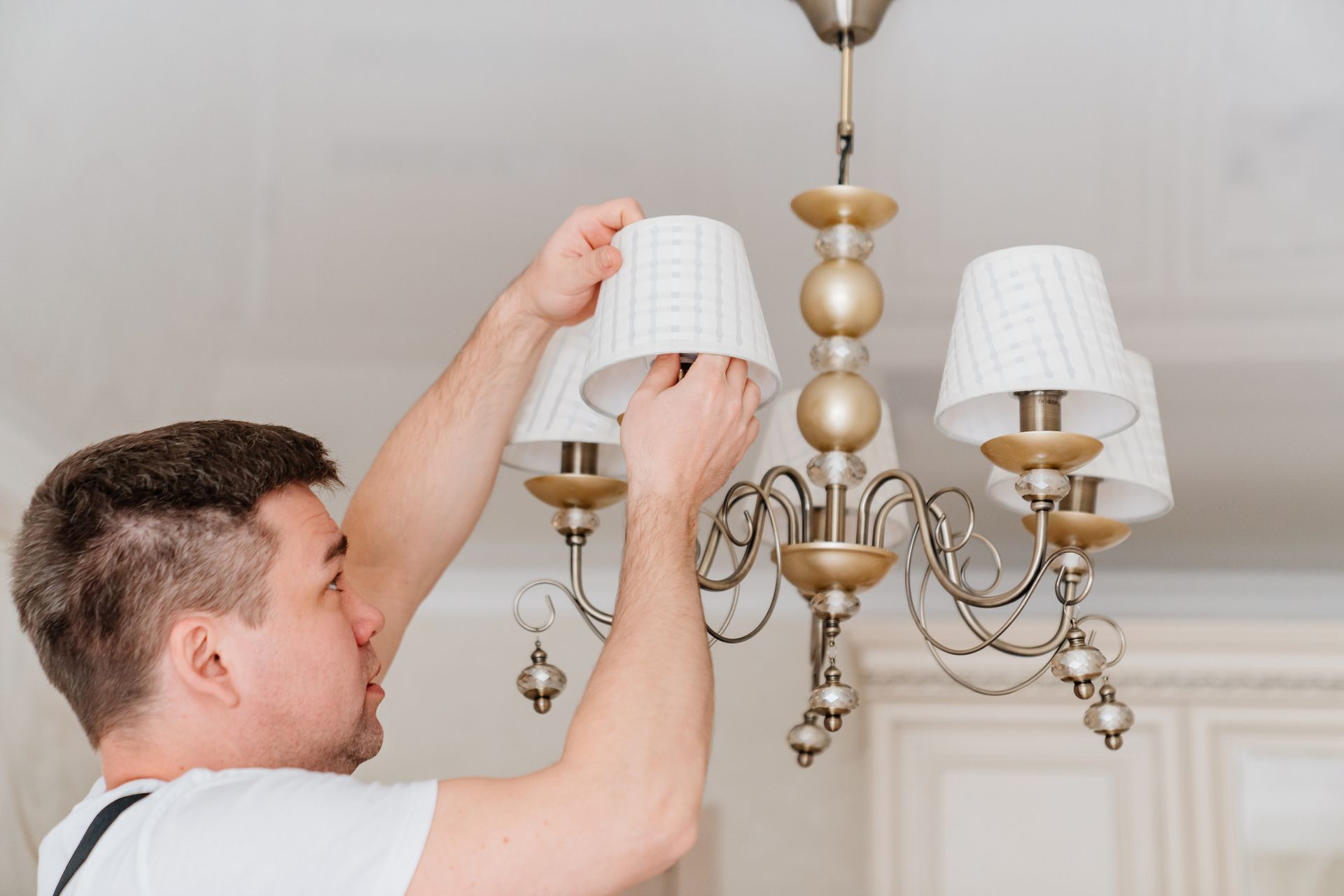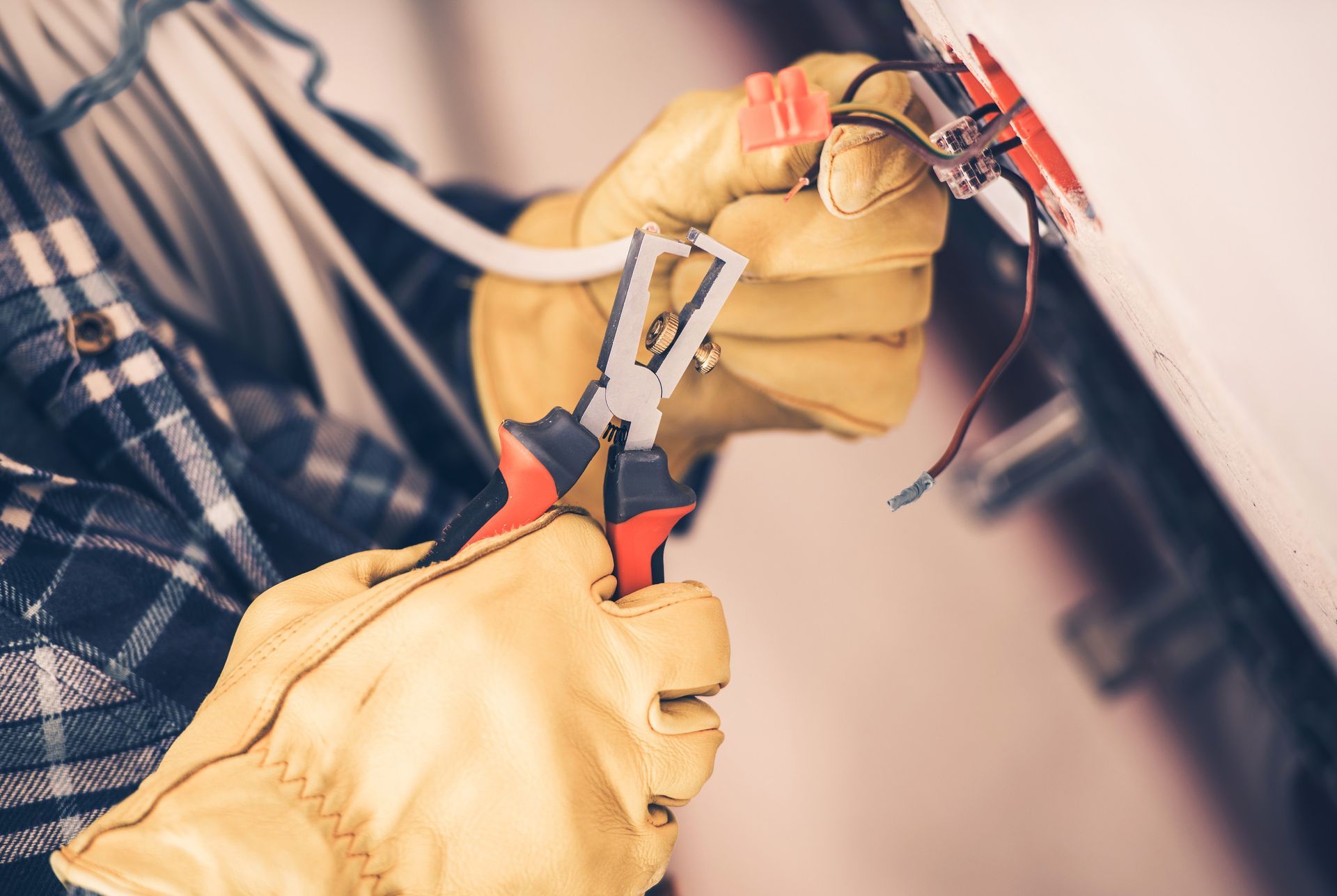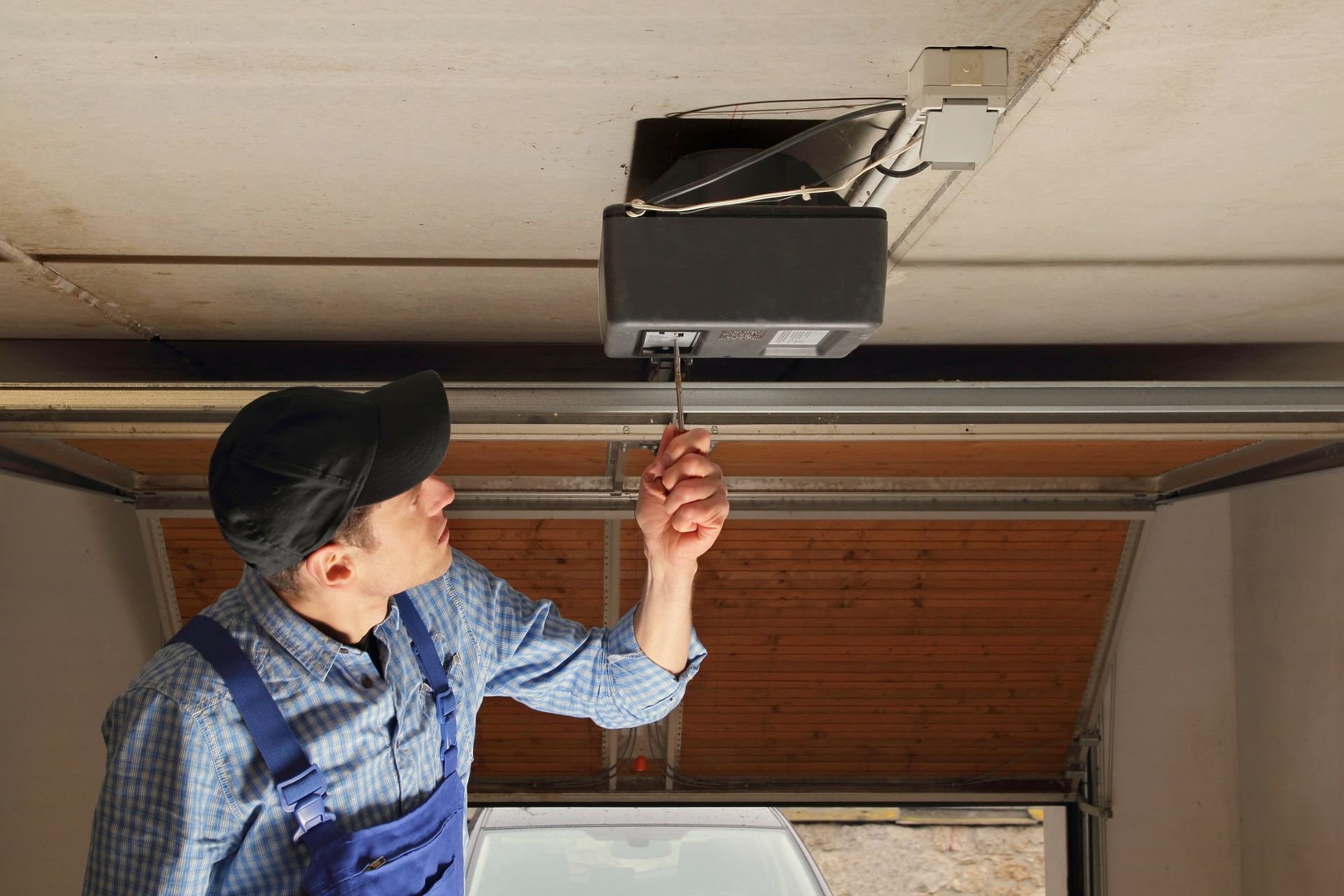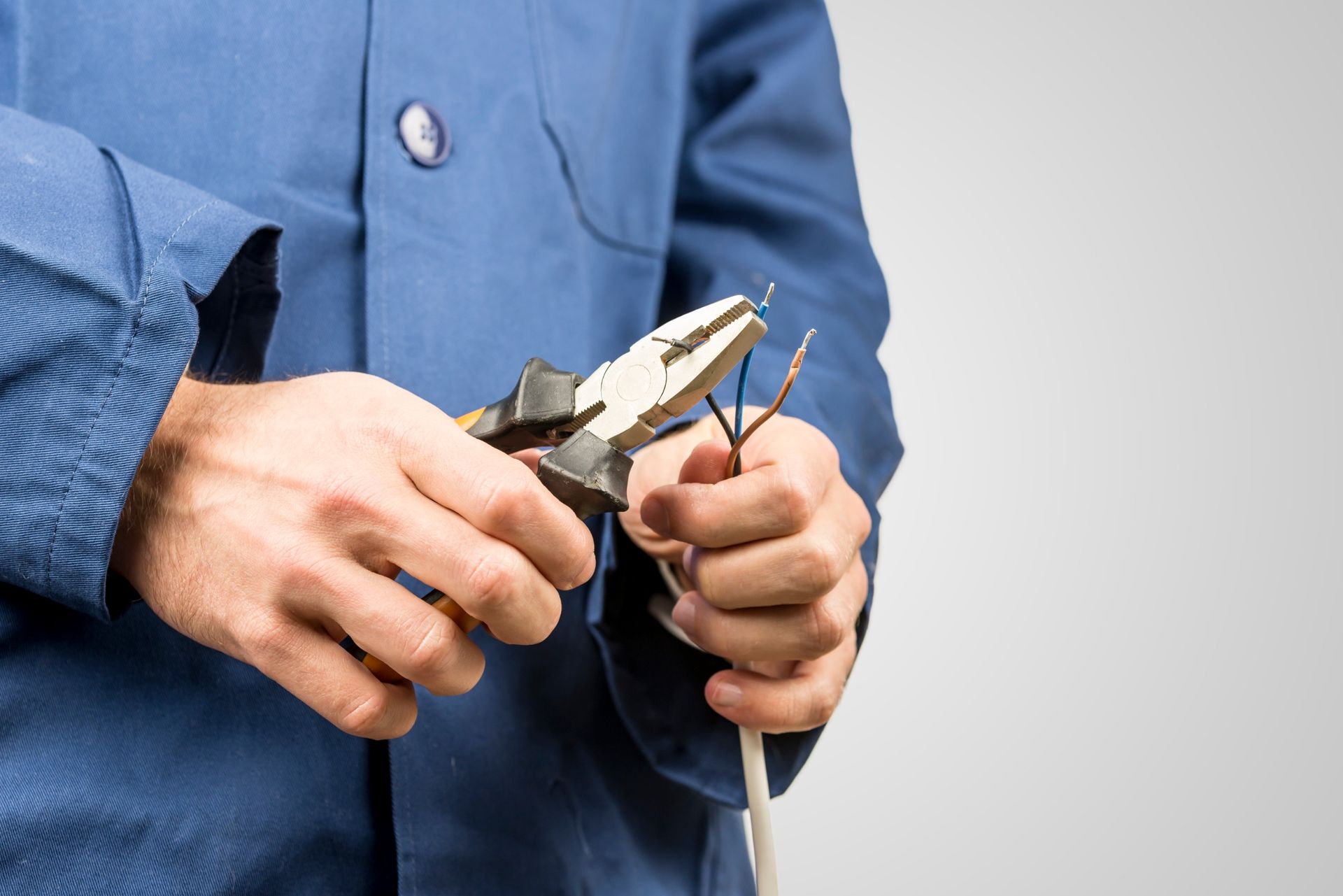Water Heater Fire Safety Tips
- By Praveen Soni
- •
- 06 Jan, 2025
- •
A water heater is an essential part of your home, but it can also be a safety concern if not properly maintained. Knowing how to prevent water heater fires can keep your home safe and give you peace of mind.
Simple steps like regular inspections and proper installation make a difference. A trusted residential electrician service can help ensure your water heater is working safely and efficiently.
Home electrician services are also important for making sure wiring and connections are secure. Understanding the basics of water heater safety is easy, and it helps protect your family and property.
Start with these fire safety tips to keep everything running smoothly.
Common Causes of Water Heater Fires
Understanding the risks associated with water heaters is the first step toward preventing fires. Here are the most common reasons water heaters become fire hazards:
1. Faulty Installation
Poor installation is one of the leading causes of water heater fires. If venting systems are improperly set up, flammable substances are stored nearby, or electrical wiring isn't up to code, it significantly increases the risk of accidents.
2. Lack of Maintenance
Water heaters require regular maintenance to function safely. Sediment buildup, a leaking tank, or a corroded anode rod are all issues that can compromise its efficiency and safety. Over time, neglecting maintenance can lead to overheating or electrical malfunctions.
3. Gas Leaks
If you have a gas-powered water heater, leaky connections or damaged gas lines pose a serious fire and explosion risk. Gas leaks can go undetected and ignite if they come into contact with a heat source or spark.
4. Flammable Materials Stored Nearby
Storing items like cardboard boxes, cleaning solutions, or gasoline near your water heater is a recipe for disaster. These materials can catch fire if the heater radiates too much heat or there's an unexpected spark.
5. Old or Damaged Units
Aging appliances often lack safety features found in modern water heaters. Corroded parts, worn-out wiring, or outdated designs make older water heaters more prone to accidents.
By recognizing these common causes, you can take steps to eliminate risks and ensure your water heater remains a safe part of your home.
Signs of a Potential Fire Hazard
Being proactive involves knowing what to look for. Here are the warning signs that your water heater might be a potential fire hazard:
1. Odd Smells
If you detect the smell of gas or burning near your water heater, don’t ignore it. Gas leaks or overheating components often produce distinct, unpleasant odors.
2. Discolored or Scorched Areas
Look for discoloration, scorching, or burn marks around the unit. These can indicate excessive heat or small, previous ignition incidents.
3. Unusual Noises
Popping, banging, or hissing sounds might mean there’s a buildup of sediment in the tank or pressure issues that could lead to overheating.
4. Leaking Water
Pools of water or dripping around the base of your water heater can signal corrosion, which may compromise its structural integrity and increase the risk of fire.
5. Visible Damage
Frayed wires, cracked tanks, or rusty parts are red flags that your unit requires immediate professional attention.
If you notice any of these signs, don’t wait—reach out to a qualified technician to inspect and address the issue promptly.
Preventive Measures and Best Practices
The good news is that most water heater fires are preventable with the right precautions. Follow these best practices to reduce risks and keep your home safe:
1. Schedule Regular Maintenance
Hire a professional to inspect your water heater annually. Routine check-ups ensure that all components are functioning correctly and help catch potential problems early.
2. Maintain Safe Clearance
Keep flammable materials at least three feet away from your water heater. This includes cleaning supplies, paper, and any other combustible items.
3. Check Your Temperature Settings
Set your water heater thermostat to 120°F to prevent overheating and reduce the risk of fire. Temperatures higher than this are not just a fire hazard—they can also scald skin.
4. Install Carbon Monoxide and Gas Detectors
For gas-powered water heaters, place a carbon monoxide detector nearby to catch harmful leaks. Gas detectors can also alert you to leaks before they cause a dangerous situation.
5. Upgrade to Modern Safety Features
If your water heater is outdated, consider replacing it with a model that meets current safety standards. Newer models often come equipped with features like automatic shutoff valves and enhanced insulation.
6. Secure Proper Ventilation
Ensure that your venting system is unobstructed and properly installed. A well-functioning vent prevents dangerous gas buildup and reduces fire hazards.
Following these steps will greatly minimize your water heater’s risk of causing a fire, giving you peace of mind while keeping your home and family secure.
What to Do in Case of a Fire
Despite best efforts, emergencies can still happen. Here’s a step-by-step guide to responding effectively to a water heater fire:
1. Shut Off Power or Gas
If it’s safe to do so, turn off the power supply or gas valve to your water heater. This reduces fuel for the fire and can prevent further escalation.
2. Evacuate Immediately
Prioritize your safety and the safety of others in your home. Leave your house immediately and call 911 to report the fire.
3. Use a Fire Extinguisher (If It's Safe)
If the fire is small and contained, you can try to extinguish it using a fire extinguisher rated for Class B (flammable liquids) or Class C (electrical equipment).
4. Do Not Attempt Repairs
Once the fire is out, resist the urge to make DIY repairs. Instead, contact professionals to assess the damage and replace the unit if needed.
Taking quick, decisive action during an emergency can minimize property loss and keep everyone safe.
Stay Safe and Protect Your Home
Your water heater plays a critical role in your home, but it should never compromise your safety. By recognizing fire hazards, staying vigilant for warning signs, and adopting preventive measures, you can significantly reduce the risk of water heater fires.
Want to ensure your water heater is in great shape? Consider scheduling a professional inspection to identify potential hazards and keep your unit running safely and efficiently.
